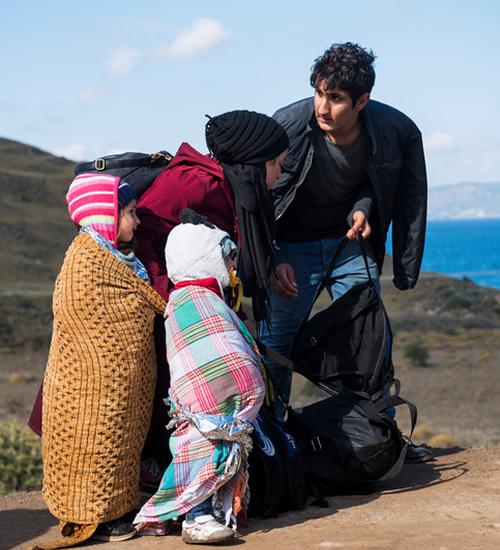
Religion and the Integration of Migrants and Refugees
The migration of peoples is one of the great challenges many societies face today. This project seeks to understand the variation in the successful integration of migrants in receiving societies with particular attention to the role that religion may play.
Focusing initially on migrants from various parts of the world arriving in Europe, this project will employ survey research, in-depth interviews, and case studies to understand whether and how religious identities, beliefs, and practices affect:
- Attitudes of citizens in receiving societies concerning the integration of migrants/refugees;
- Attitudes of migrants/refugees toward citizens concerning their own integration into European societies; and
- Variation in the effectiveness of different approaches intended to promote the integration of migrants.
The fieldwork for the project will commence in January 2018 and will include three stages, incorporating lessons learned from the previous stage in each subsequent stage. In the first stage, we will pilot the project in Italy. In the second stage, we will expand the project to Austria and Germany. In the third stage, we will enlarge the scope of this comparative project to include the United Kingdom and the United States.
The project launched in fall 2017 with a conference to better understand how the project can be informed by the experiences of those who work directly with migrants and refugees. Held in Italy, the site of the pilot, it focused primarily on Italian social service providers and the Italian Catholic Church.
Partners: University of Milano-Bicocca and University of Trento, Italy; Catholic University of Eichstätt-Ingolstadt, Germany; Institute for Advanced Studies in Social Ethics and University of Innsbruck, Austria
Researchers: Kellogg Faculty Fellows Rev. Robert Dowd, CSC, Rev. Dan Groody CSC, and Clemens Sedmack; and Ilaria Schnyder von Wartensee, Ford Program
University of Milano-Bicocca: Giancarlo Blangiardo and Giorgio Vittadini
University of Trento: Giuseppe Folloni
Seed funding: Ford Program, Kellogg Institute for International Studies, Notre Dame International/Office of Research, and the Nanovic Institute for European Studies, University of Notre Dame
Period: 2017–18





